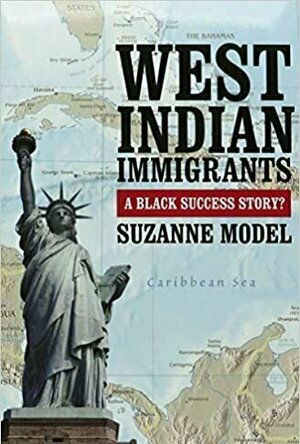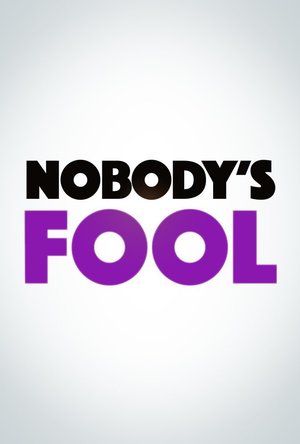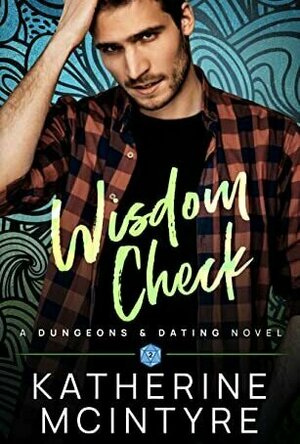Shelle Perry (66 KP) rated Zombies for Everyone: A Jenna Sutton Supernatural Cozy Mystery in Books
Aug 10, 2021
In this book we are introduced to Jenna and her partner Kieron, high school students with a little something extra. She is a Hunter. Her job is to investigate and hunt down things that go bump in the night. Kind of a cross between Dean Winchester and Buffy Summers. Kieron provides moral, tech, and info support. They are asked to track down the source of a zombie bite before it leads to a full-on outbreak. It becomes apparent that there is more going on than a simple zombie attack and with several great suspects, it moves at a fair clip.
Despite the extracurriculars they really are just typical seventeen-year-old kids worrying about dating, homework, and mean girls. That is a fun contrast to the uber adult nature of the work they do. Jenna’s mother is missing, presumed dead (a story point that I am certain will be prominent in upcoming books) Leaving Jenna with the job of caring for herself while staying under the radar of adults who would put her in the system.
The magic world built for this story is sound, though it will need some bolstering ahead as it went up fairly quickly. I think another 50 pages of story could have easily softened the info dump feel. There is a lot of information to process about magic and recurring characters, as well as The Consortium and The Covens, but at some point in this series, things are going to get really interesting and my sixth sense is tingling in anticipation. This is a great story for age 12-18 readers and really for anyone who enjoys YA and/or paranormal cozy.
⭐⭐⭐⭐
Rating: 4 out of 5.
I received an advance review copy for free through Great Escapes Virtual Book Tours, and I am leaving this review voluntarily
Emma @ The Movies (1786 KP) rated Nobody's Fool (2018) in Movies
Sep 25, 2019
Tiffany Haddish had grown on me after Night School a couple of months ago, I'm not convinced that this one is helping my opinion at all though. She's my favourite part of this film though along with Frank for the most part.
Danica's job plays a big part in the sub plot of this one and it reminds me a lot of How To Lose A Guy In 10 Days. Only in that it actually made sense and more than a little effort had been put into the execution.
Until about the halfway point I was enjoying the movie, but damn it if Danica wasn't a complete bitch. I wasn't exactly a fan at the beginning but it went swiftly downhill. She's got plenty of things that you should be able to identify with, but absolutely none that you want to. She's a surprisingly dislikeable character. It was honestly refreshing to have Frank tell her to f*** off. In most movies that situation is glossed over and given a narrative that is a bit more palatable.
A lot of us can identify with the perils of online dating, so for the briefest moment you can feel the pain she's going through. Charlie is a hideous culmination of experiences. I'm sure we all noticed something that made us a little queasy to see. There's definitely a good drinking game in there somewhere.
While my dislike of this film evened out for a while it was reinforced with that ending. It really made me hate Frank just a little bit, and want to actively boo the screen.
As a last note on the film I'd like to say that I love seeing Whoopi Goldberg again. She's in some of my favourite films and it was great having her back in such a funny role. Keep an eye out for her scene with Tanya at her house, best bit of the whole film.
What you should do
There are better romcoms out there to see. I'd suggest Think Like A Man or How To Lose A Guy In 10 Days instead.
Movie thing you wish you could take home
Despite my feelings for Danica she does have fantastic taste in sofas and I'd love one of those pink ones to curl up in.

Secret Text Free Anonymous Texting & Messages App
Utilities and Social Networking
App
Send a private text to anyone with a free, new phone number on Secret Text. With Secret Text,...

Sleepless Cinderella: PARTY
Games and Entertainment
App
Become the heroine in a modern time fairytale! Make your dream celebrity fall in love with...

GameBuddy for League
Social Networking and Entertainment
App
GameBuddy helps you find perfect teammates for League of Legends! Say goodbye to flaming League of...

Checkers and Draughts
Games
App
Game Highlights: - Variety of different Checkers/Draughts games from all over the world - Play...

West Indian Immigrants: A Black Success Story?
Book
West Indian immigrants to the United States fare better than native-born African Americans on a wide...

Earthquake Alerts and News Pro
News and Education
App
Three years ago, we set out to develop the absolute best earthquake app available for the iPhone. We...

Mr Bartender - Mixed Drink, Bartending & Cocktail Recipes
Food & Drink and Lifestyle
App
Ever wonder what’s in a Long Island Iced Tea or a Cosmo? Looking for assistance for what kind of...
Debbiereadsbook (1656 KP) rated Wisdom Check (Dungeons and Dating #2) in Books
Jan 20, 2022
This is book 2 in the Dungeons and Dating series, but it can be read as a stand-alone. I would say read book one, Strength Check, as a personal recommendation though! I loved that book!
As I did this one!
We hear about Caleb's divorce in book one, and here, it's all signed on the dotted line, and Sarah has moved out. He has Kaylee, his 2 year old daughter for a week at a time. Julian has crushed on Cal since the very beginning, calling him handsome. But Cal is hurting, and Jules is carrying the weight of his family on his shoulders.
I loved this, I really did.
Jules and Cal have been friends for a year, so there was none of the getting to know you stuff and I really liked that! The story jumps straight in.
Jules has lusted over Cal for all that time, but its really only NOW that Cal is noticing Jules, and I loved that he does wait. Granted. it isn't long after his divorce that he and Jules start something, but he does wait.
Jules carries a lot of weight on his shoulders. You can feel the weight of it pressing him down. It takes a health scare for his youngest brother for Jules to finally break down and get it all out: what he feels for his deceased mother, and his feelings for having to wait to fulfil his own dreams.
I loved that both Jules and Cal thought that this could be something big between them, but both of them had been hurt before.
I did NOT like Cal's ex-wife and how nasty she gets! But she really does get it back, once Cal and Jules get their act together!
Loved that Rox and Mel play a part here, and I loved all the supporting cast too.
Mason and Hunter are next and I look forward to reading their story, especially after the clues that are thrown about here!
But does Jasper get a story, Ms McIntyre?? Does he?? Puleeeeeeeeze say he does! Given as he professes to be a serial one-night-stand-er, it would be fun watching him fall, cos that boy will fall hard, I can just see it!
5 full and shiny stars
*same worded review will appear elsewhere


